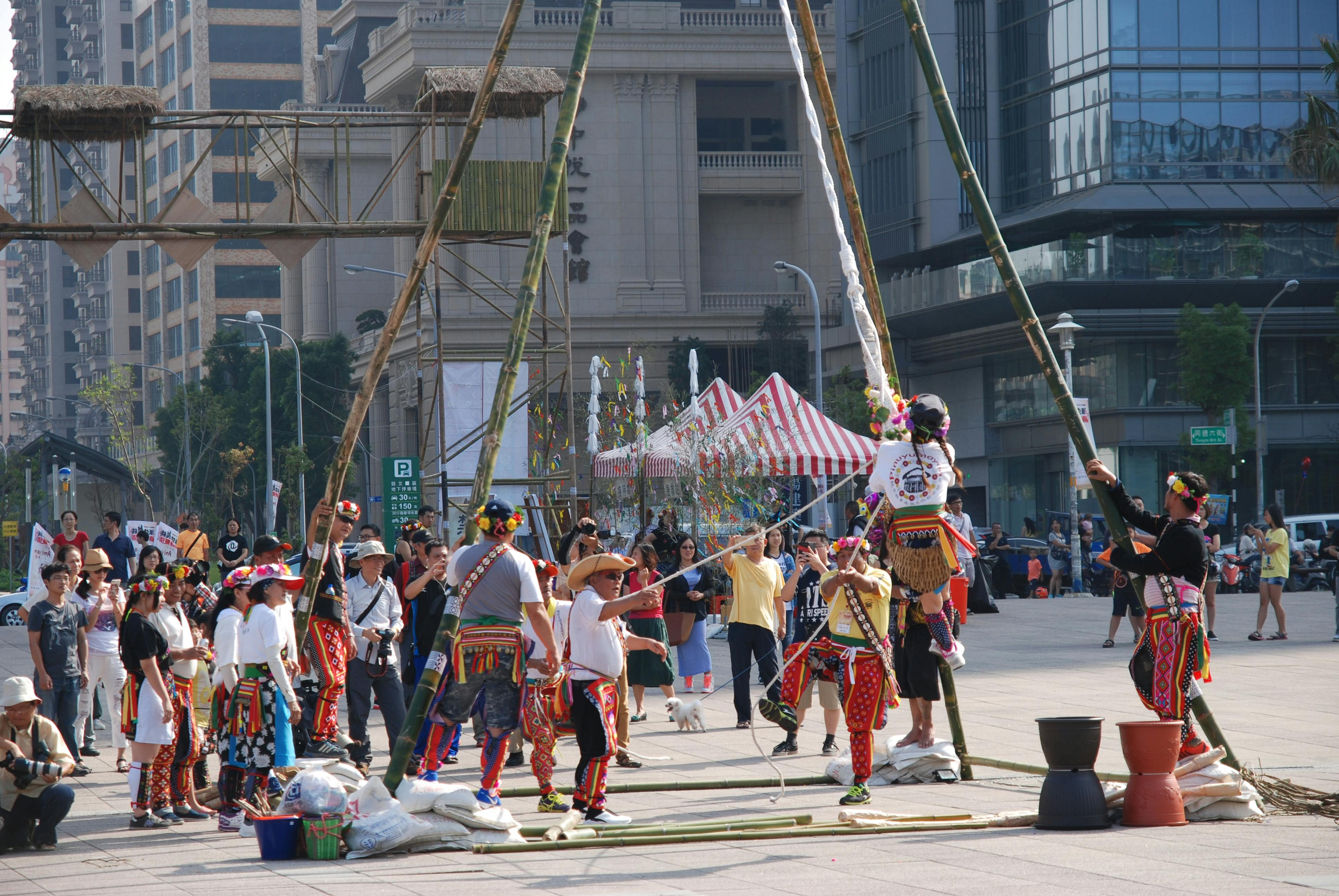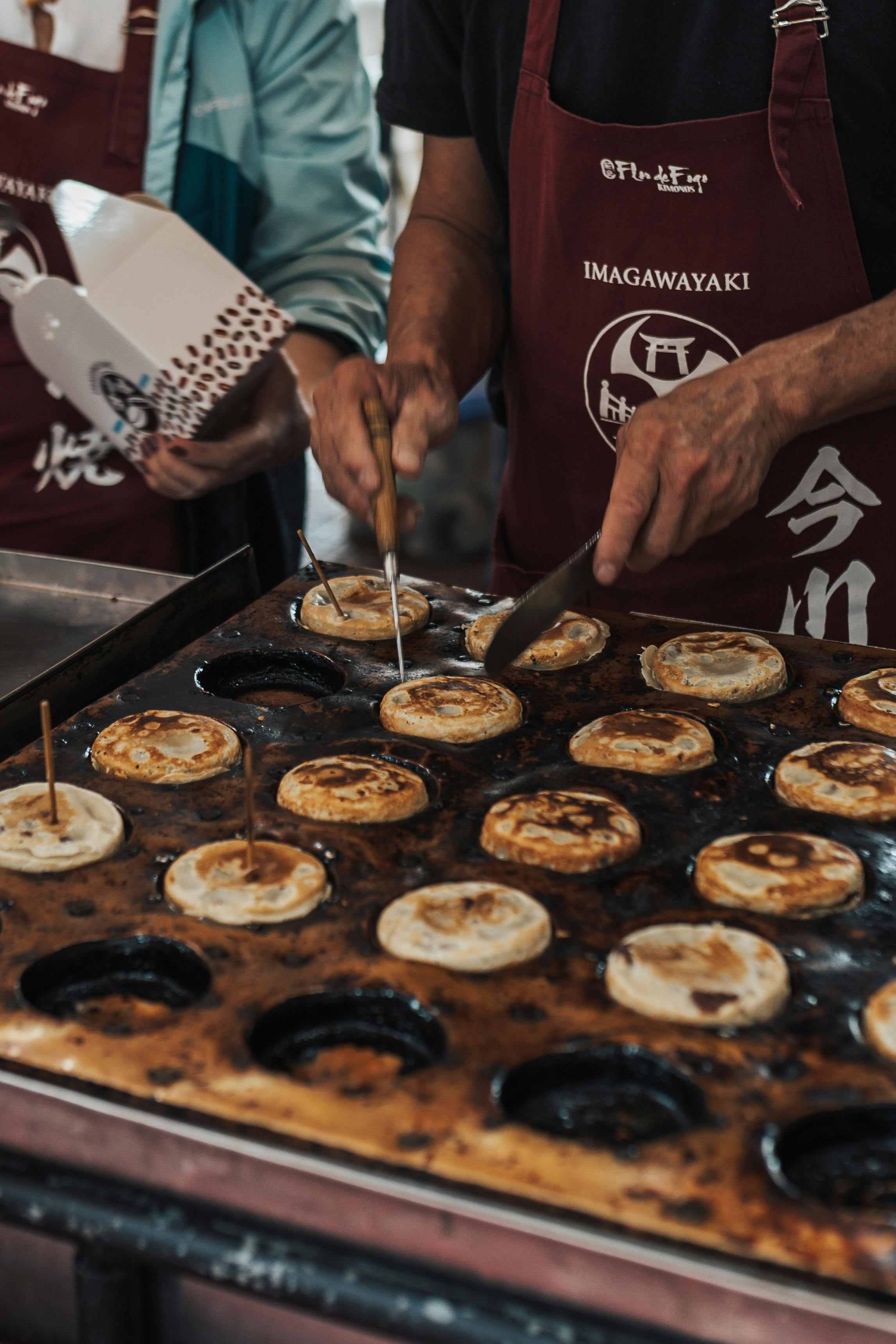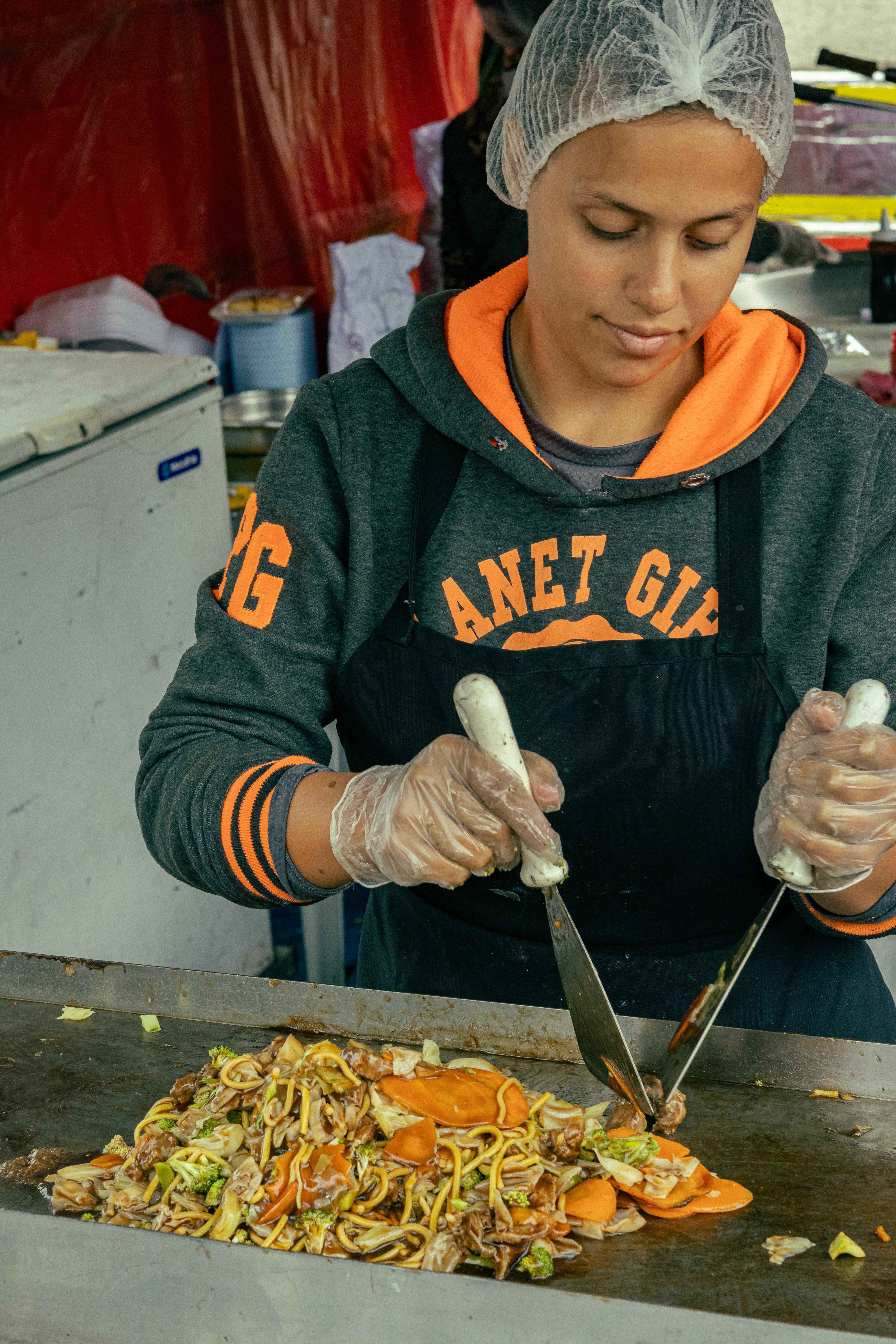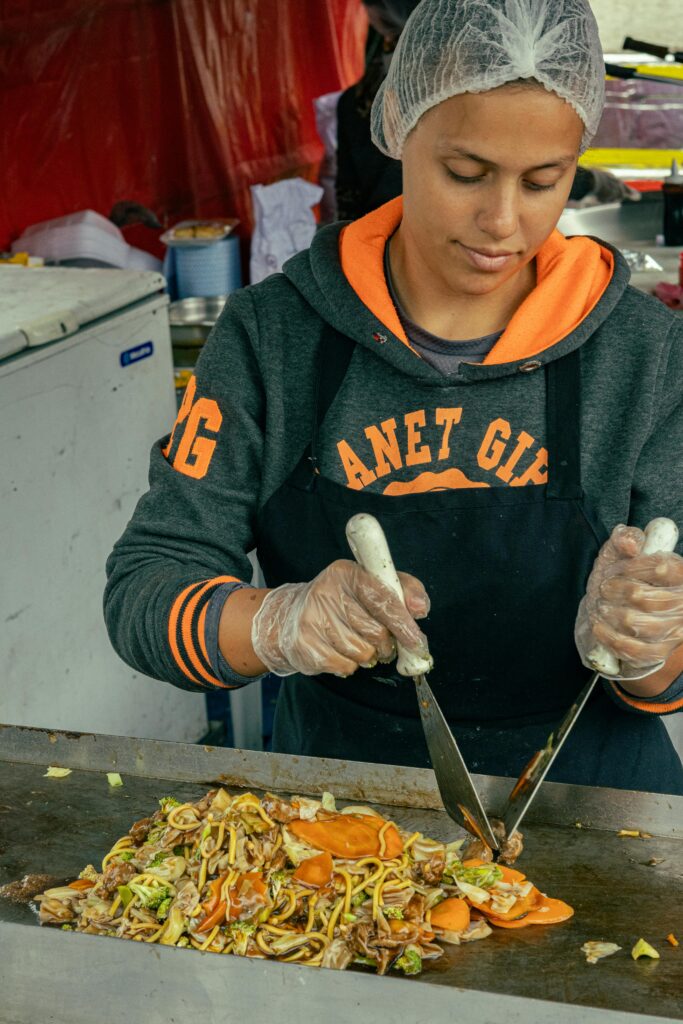Berliner Weinwoche Germany
Discover Berliner Weinwoche Germany, an annual celebration of wine, culture, and camaraderie in Berlin. Learn about its history, highlights, and the finest German wines. Cheers!
Introduction to Berliner Weinwoche Germany
Berliner Weinwoche, or Berlin Wine Week, is a celebratory event that takes place annually in the historical, cultural, and political heart of Germany, Berlin. This festival is a beacon for wine enthusiasts, connoisseurs, and casual drinkers alike, offering a sumptuous blend of varietals and vintages that reflect the country’s rich viticulture. An understanding of Berliner Weinwoche isn’t just about the wines; it’s an exploration of German heritage, the craftsmanship of winemakers, and the camaraderie they foster.
Historical Context of Berliner Weinwoche
The tradition of Berliner Weinwoche dates back several decades, having its roots deeply embedded in the history of German winemaking. Post World War II, Berlin emerged as a focal point for cultural revival, with food and wine festivals gaining popularity as a symbol of resilience and celebration. Berliner Weinwoche was conceived during this period as a means to bring together wine cultivators, sellers, and enthusiasts from across the regions of Germany and beyond, elevating public appreciation for this ancient craft.

The Evolution of Berliner Weinwoche
Over the years, Berliner Weinwoche has evolved from a modest gathering into a grand affair. Initially, the event featured local Berlin wineries predominantly. However, as global curiosity about German wines amplified, so did the scale of the festival. Today, viticulturists from every notable wine-producing area of Germany—Rheinhessen, Mosel, Pfalz, and Baden, to name just a few—showcase their finest collections. The inclusion of international wineries has broadened the horizon even further, engaging attendees in a global dialogue about wine.
Key Highlights and Experiences
An Array of Wine Selections
Berliner Weinwoche is a playground for the palate. With hundreds of stalls dedicated to different varieties, the event ensures a comprehensive tasting experience. You will find everything from the sharp tang of a Riesling to the deep, full-bodied textures of a Spätburgunder (Pinot Noir). Each stall is a mini-universe, offering unique insights into the winemaking processes, terroir, and history of its showcased wines.
Educational Workshops and Seminars
For those who wish to deepen their understanding beyond mere tasting, Berliner Weinwoche provides a range of workshops and seminars. Led by oenologists and master sommeliers, these sessions cover a wide spectrum of topics, from the intricacies of wine pairing to the subtleties of grape cultivation and fermentation processes. These educational experiences provide valuable takeaways, whether you’re a beginner or a seasoned wine aficionado.
Cultural Immersion
At its core, Berliner Weinwoche is as much about culture as it is about wine. Various forms of art, music, and performances interweave through the festival. Local musicians often play traditional German folk music, while contemporary artists contribute modern interpretations, creating a vibrant auditory backdrop. Depending on the schedule, you might also encounter theatrical presentations and storytelling sessions that delve into the folklores surrounding winemaking and harvests.

The Role of German Wine Regions
Rheinhessen
Rheinhessen is Germany’s largest wine region and has a significant presence at Berliner Weinwoche. Known for its diverse vineyard landscapes, Rheinhessen offers everything from light, crisp whites to robust, flavorful reds. Rheinhessen’s Rieslings are particularly noteworthy for their aromatic complexities and balance between sweetness and acidity.
Mosel
Mosel wines are supremely influenced by the steep, slate-covered slopes where their vineyards are located. As you participate in Berliner Weinwoche, it’s essential to sample Mosel wines to appreciate the minerality and delicacy they bring. The naturally high acidity and prominent fruit-forward profiles make Mosel Rieslings an exquisite experience.
Pfalz
Pfalz stands out for its warmer climate, which allows for the production of bold and full-flavored wines. This region is Germany’s answer to the lush and bountiful vineyards found in the Mediterranean. Pfalz wines often showcase a delightful interplay of fruitiness and spice, making them immensely popular during Berliner Weinwoche.
Baden
Situated in Germany’s warmest climate zone, Baden produces some of the most opulent and rich Pinot Noirs and Chardonnays. The region’s wine treasures reflect its diverse terroir, from volcanic soils to limestone and loess, enabling you to explore a multitude of flavors at the festival.
The Environmental Influence on Wine Production
Wine is more than a drink; it’s an expression of the land. Understanding Berliner Weinwoche becomes more rewarding when you appreciate the environmental factors affecting wine production in Germany. Different climates, soil types, and traditional practices come together to create distinct and memorable wines.
Microclimates and Terroirs
Germany’s wine regions boast various microclimates and terroirs contributing to the richness of Berliner Weinwoche. Terroir—the characteristic taste and flavor imparted to a wine by the environment in which it is produced—varies widely. Mosel, for example, has a cooler climate, resulting in wines with high acidity levels and floral notes. On the other hand, warmer regions like Pfalz produce wines with more rounded and fruity profiles.
Sustainable Practices
Modern German winemaking often incorporates sustainable practices that honor biodiversity and minimize environmental impact. Many winemakers participating in Berliner Weinwoche follow organic or biodynamic principles, ensuring that their wines are not only delicious but also environmentally responsible. The focus on sustainability adds an additional layer of depth and appreciation to the festival experience.

Attending Berliner Weinwoche: What to Expect
Event Setting and Atmosphere
Nestled in Berlin’s expansive and picturesque landscapes, Berliner Weinwoche is often set up in the heart of the city or within scenic vineyards nearby. The combination of urban charm and natural allure makes for an engaging and unique atmosphere. Expect a convivial environment where laughter, conversation, and the clinking of glasses meld into a harmonious symphony.
Navigating the Event
Given the scale of Berliner Weinwoche, having a strategic approach can enhance your experience. Most previous attendees recommend mapping out the stalls you wish to visit ahead of time. This is facilitated by a comprehensive festival guide, often available upon entry. Additionally, comfortable footwear is advisable as you might find yourself on your feet exploring the extensive offerings.
Networking and Community Building
One of the most rewarding aspects of the festival is the opportunity to network. Berliner Weinwoche attracts a diverse community, from local winemakers to international industry experts. Engaging with fellow attendees can provide a wealth of knowledge and insights. This is an excellent occasion to forge connections that might extend beyond the duration of the festival.
The Culinary Side of Berliner Weinwoche
Food Pairings and Offerings
Berliner Weinwoche is a gastronomic delight, elevating your wine experience through expertly crafted food pairings. The selection ranges from traditional German dishes like pretzels, sausages, and sauerkraut, to gourmet delicacies such as foie gras and truffle-infused cheeses. Representatives from renowned restaurants and bakeries often have their own stalls, providing culinary wonders designed to enhance the flavors of the wines.
Interactive Cooking Demonstrations
Interactive cooking demonstrations are another highlight of Berliner Weinwoche. Professional chefs showcase their expertise, elaborating on how to create dishes that pair perfectly with German wines. These sessions offer practical knowledge that you can take back to your kitchen, enriching your culinary repertoire.
What Makes Berliner Weinwoche Unique
Authentic German Experience
Berliner Weinwoche offers an authentically German experience. Unlike wine festivals in other parts of the world, this event integrates regional culture so closely that it’s indistinguishable from the wines it celebrates. From the architecture and décor to the traditional costumes worn by some participants, every detail underscores the event’s German roots.
Inclusive and Welcoming
Inclusivity is a defining feature of Berliner Weinwoche. Whether you are a novice looking to expand your understanding or an expert seeking new challenges, the festival offers something for everyone. The accessibility and openness create an environment where all are welcome to share in the celebration of wine.
Innovations and Trends
Innovation plays a role in introducing attendees to emerging trends in winemaking. Berliner Weinwoche is not confined to traditional methods; it also celebrates modern advancements and experimental wines. This fusion of old and new ensures that the event remains dynamic and relevant.
Conclusion
Berliner Weinwoche stands as a testament to the timeless allure of wine. It’s an event that brings together history, culture, and modernity in one grand celebration. Through this festival, you gain not only a deeper appreciation for German viticulture but also an enriching cultural experience that remains with you long after the last drop has been savored.
Whether you’re a seasoned sommelier, an aspiring oenophile, or someone who simply enjoys a good glass of wine, Berliner Weinwoche offers an unmissable experience. Don’t forget to clap this article, leave a comment, and subscribe to my Medium newsletter for more updates. Cheers!


